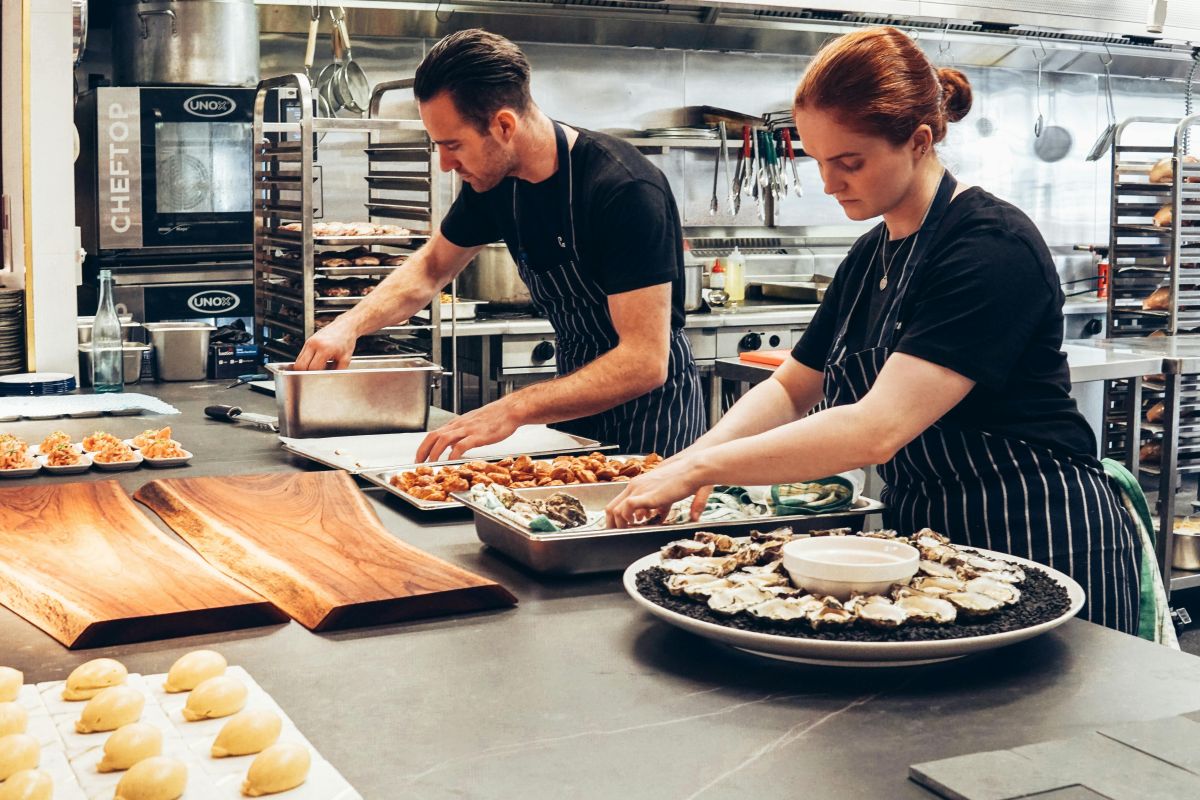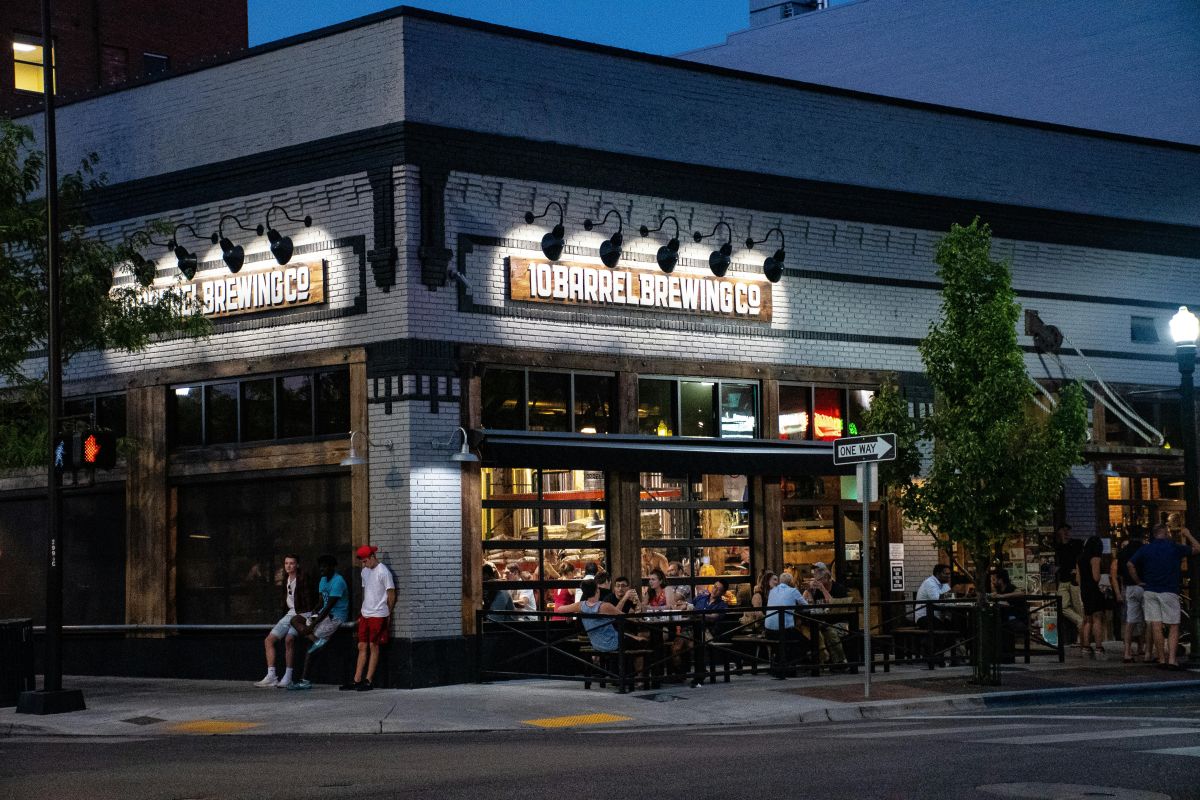What do you need to open a restaurant?

Opening a restaurant is a lifelong dream for many – but the journey there is demanding and full of challenges. In times of economic uncertainty and rising operating costs, thorough planning is more important than ever. From concept development to legal requirements: those who want to successfully enter the gastronomy industry should leave nothing to chance.
Define concept and target audience
Before you dive into the world of gastronomy, you should develop a clear concept and precisely define your target audience. Do you want to operate a fine dining restaurant, a cozy café, or perhaps a food truck? Each of these options has its own requirements and appeals to different customer groups.
A thorough market analysis will help you understand the competition and gauge the demand in your region. The comprehensive guides and information available on menuweb.menu can be helpful, providing you with deep insights into existing restaurants, menu offerings, and current culinary trends in various cities. It may turn out that opening a new establishment is not worthwhile or economically sensible. Take the necessary time to ensure that your concept is viable.
Create a business plan
As soon as your idea is concrete, you need a business plan. This serves not only as an internal tool for planning but is also a prerequisite for loans and investors. A good business plan includes:
- Objectives and unique selling proposition;
- Market analysis;
- Location analysis;
- Marketing and sales concept;
- Investment and cost plan;
- Profitability forecast.
Many fail in the initial phase due to overly optimistic calculations. According to current data from the Federal Statistical Office, about every second company survives the first three years in urban areas, while around 56% of new businesses in rural areas successfully pass this period. A realistic assessment of risks is therefore essential.
Finding the right location

The choice of location often determines success or failure. Pay attention to visibility, foot traffic, public transport connections, parking spaces, and of course, rent. It is important that the location aligns with your concept. A gourmet restaurant does not need a shopping street with a lot of foot traffic – a take-away snack bar needs it.
Additionally, make sure that the property is in good technical condition. Do not underestimate the costs that can arise from decaying pipes or hidden defects. In some cases, even a professional drain cleaning service in Essen may be necessary before you can even get started – this is also part of the preparation.
Meet legal requirements
A restaurant is a business that requires a permit. You must register your business with the trade office and additionally apply for a so-called hospitality license if you want to serve alcohol. Depending on the federal state, further requirements may apply, such as:
- Health certificate;
- Participation in hygiene training according to § 43 IfSG;
- License requirement for certain opening hours;
- Fire protection and safety concepts.
Don't forget to familiarize yourself with the regulations on food hygiene (HACCP). The requirements are high, but necessary – violations can lead to fines or even closure.
Good points of contact for legal information are, for example, the chambers of industry and commerce (IHK), as well as online portals such as the Federal Ministry for Economic Affairs, which provides a lot of information for founders.
Financing and funding sources
The opening of a restaurant requires a significant initial investment. In addition to traditional bank loans, there are funding programs at the state and federal level, such as those offered by KfW. It is worth reaching out to startup consulting agencies or the Chamber of Commerce early on – many offer free initial consultations.
Tip! Find out about regional funding, startup grants, or digitalization programs in the gastronomy sector. In the EU, there are also specific supports for sustainability and energy-saving in small businesses.
Conclusion. Well planned is half won.
Opening a restaurant is much more than just cooking and serving guests. It involves strategic planning, legal responsibility, financial discipline, and last but not least, passion. Those who prepare well, calculate realistically, and draw on reliable information sources have significantly better chances of succeeding in the highly competitive hospitality landscape.
If you take the time to thoroughly plan all the steps – from the business plan to site selection to legal requirements – nothing stands in the way of your start in self-employment. And who knows: Perhaps your restaurant will soon be among the most popular addresses in your city.